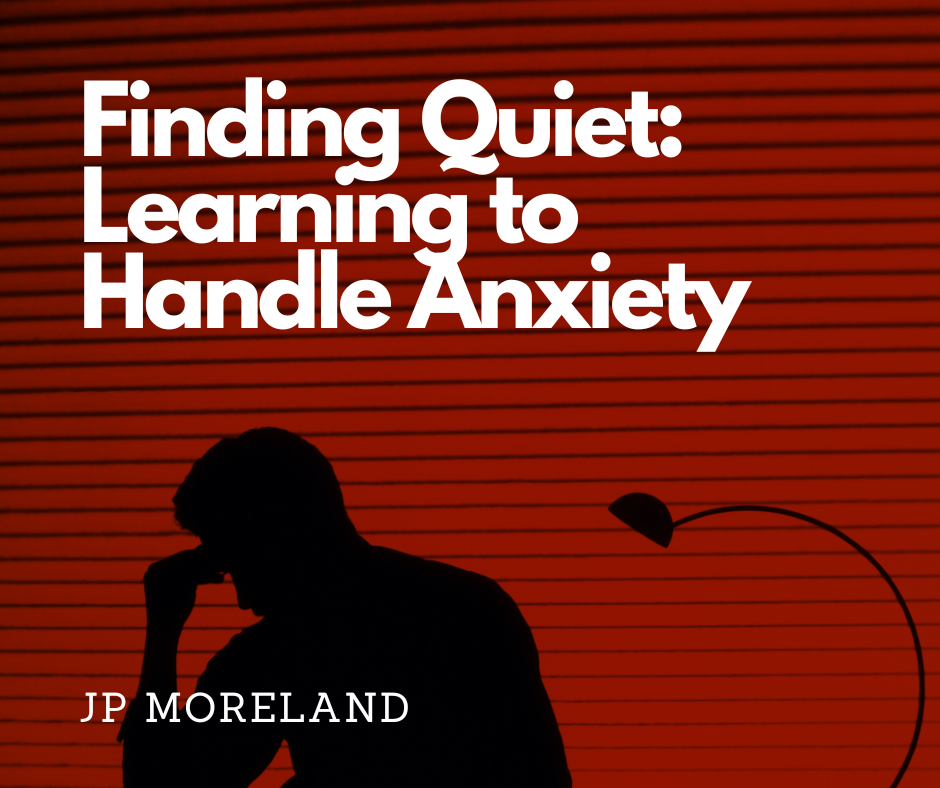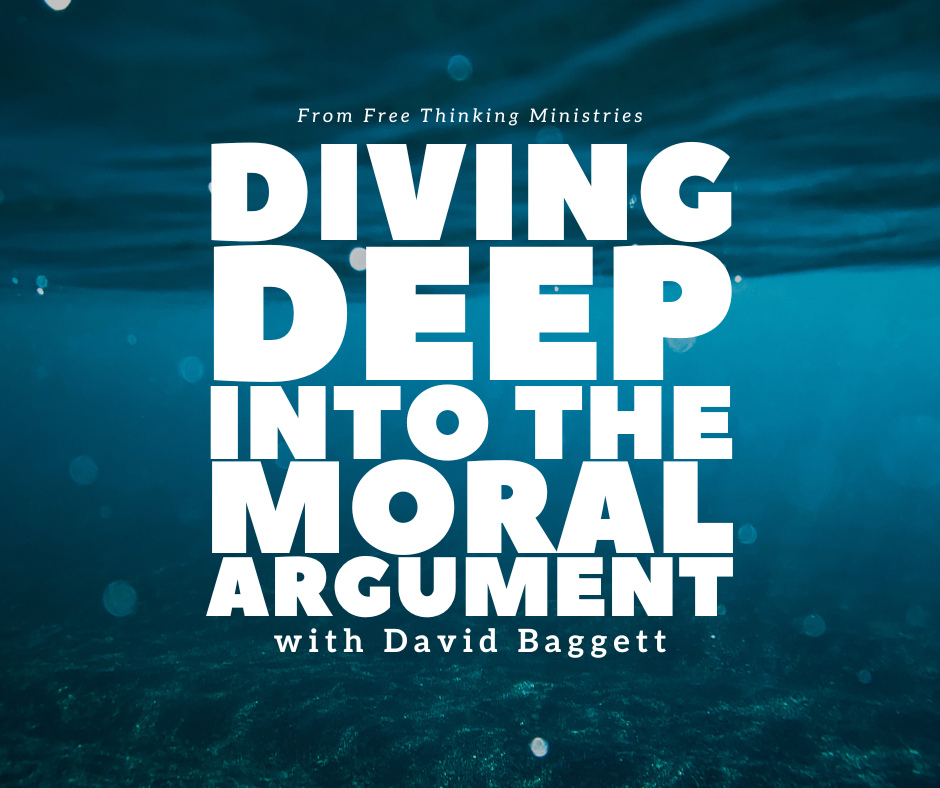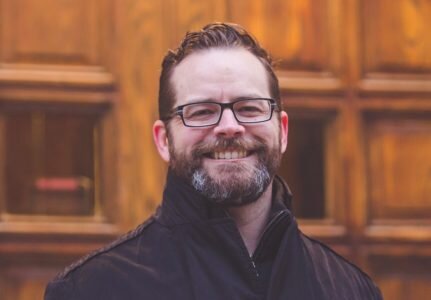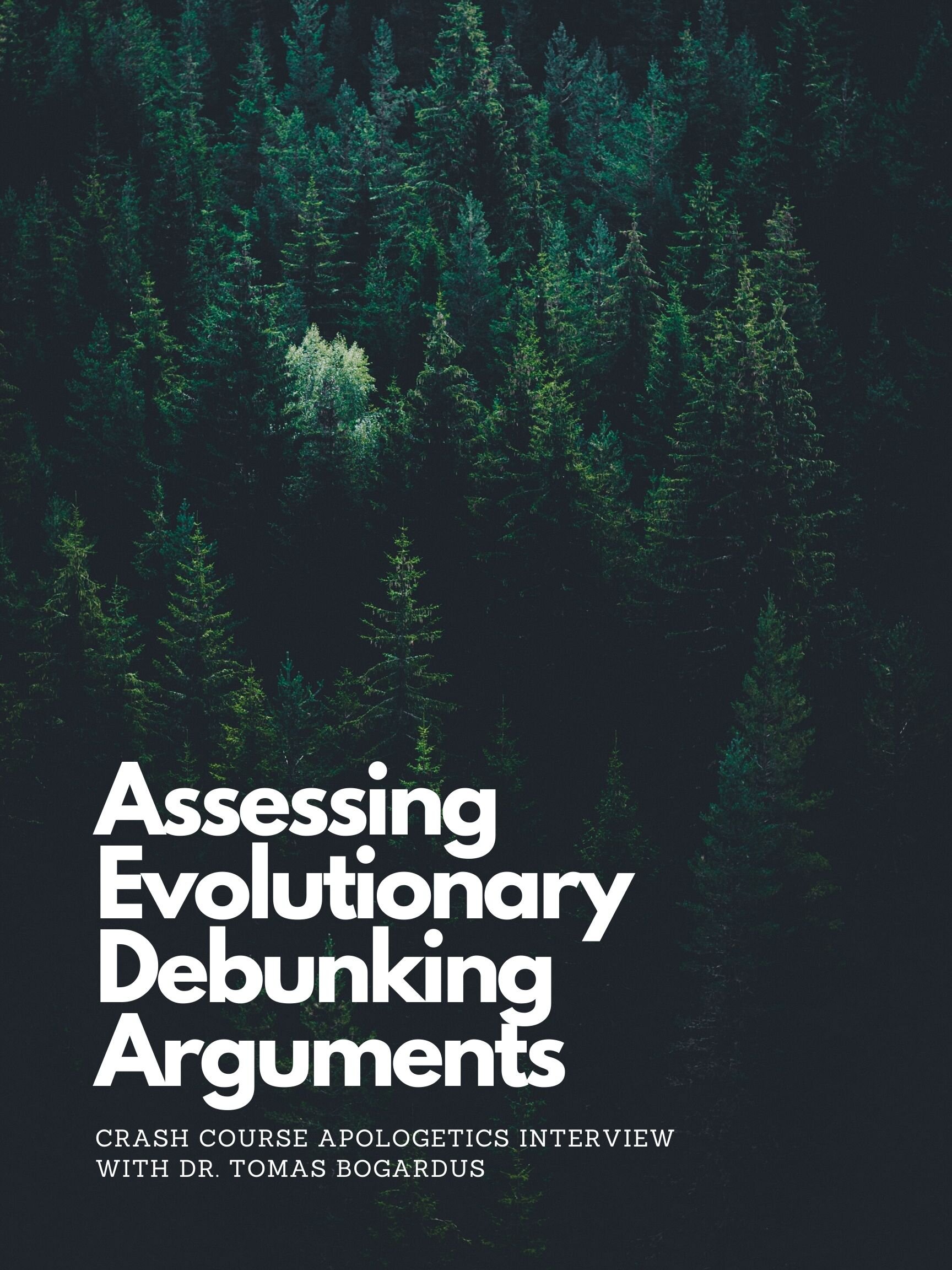Houston Christian University hosted a conference on the Moral Argument in March.
This conference is based on a forthcoming Oxford University Press book co-edited by David Bagget and John Hare on the moral argument. It includes 27 chapters covering theistic ethics, secular ethics, moral realism, and alternatives. The book inspired the conference, which was organized by Dave and John at HCU. Around 20 contributors accepted the invitation, resulting in this two-day event.
The conference features three Gifford lecturers, two of whom are present, and three former presidents of the Evangelical Philosophical Society. Speakers have come from various places, including England, New Zealand, California, Florida, Yale, and the United States Naval Academy, representing diverse religious backgrounds.
The central theme of the conference is a discussion about the foundations of ethics, with a focus on the idea that ethical truth is transcendent, authoritative, sacred, and divine. Moral arguments for God's existence are rooted in this concept, emphasizing the objectivity and prescriptivity of morality.
This lecture is from Dr. Daniel Bonevac, professor of philosophy at the University of Texas at Austin. He specializes in metaphysics, philosophy of mathematics, semantics, and philosophical logic. Dr. Bonevac has authored several books, received prestigious awards, and published articles in notable philosophy journals. He will be presenting on "Naturalism and Normativity: Cornell Realism."

























